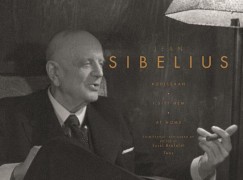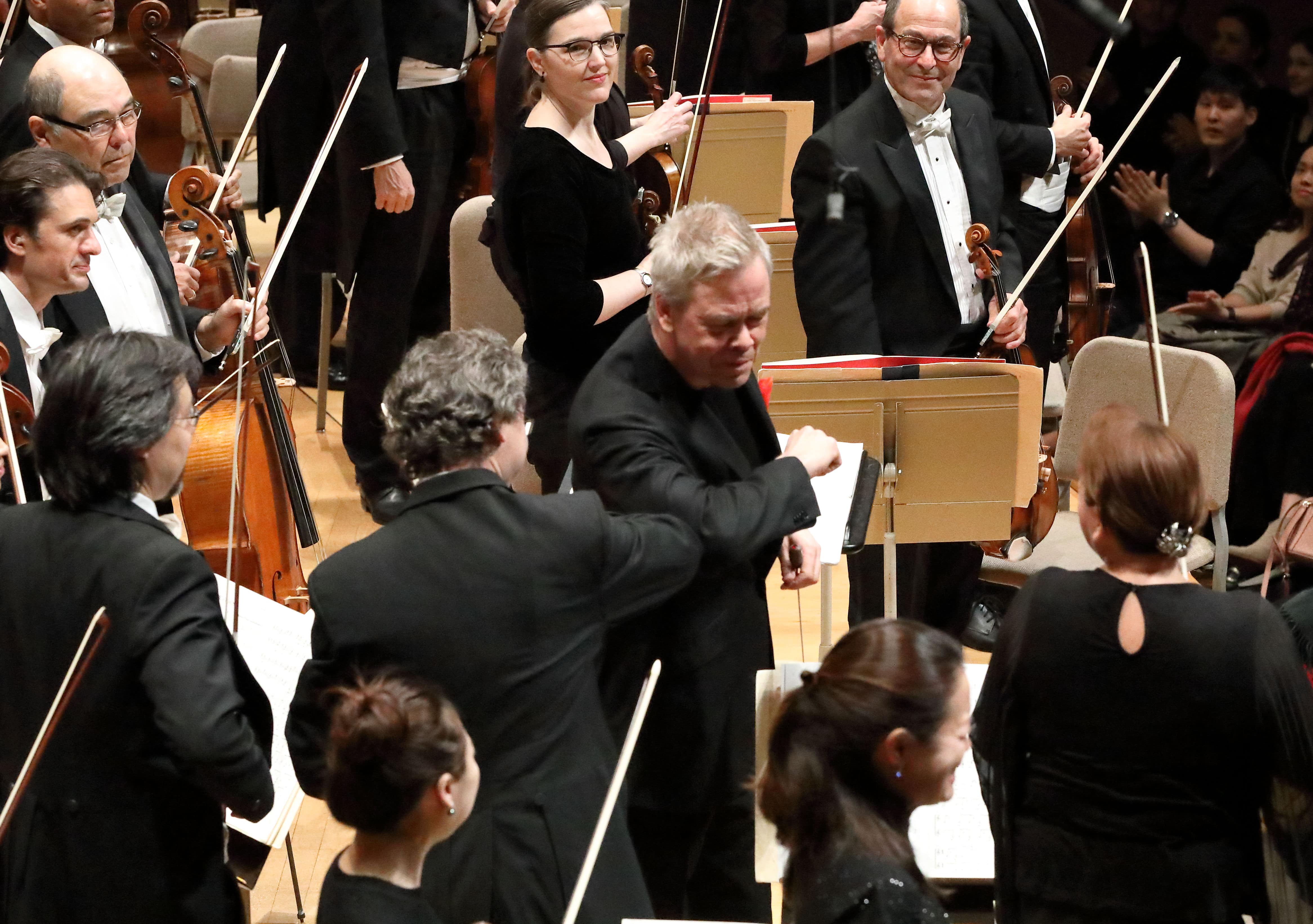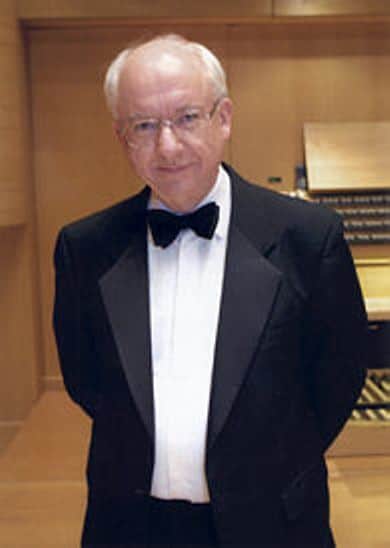Whatever became of Sibelius?
Daily Comfort ZoneThe Finnish conductor Osmo Vänskäa is ending 18 years as music director in Minnesota with a celebration of his national composer.
A Sibelius cycle used to be part of world civilisation. All major orchestras performed the symphonies regularly and the cycle once a decade. Karajan made it a fixture in Berlin, Bernstein in New York, Barbirolli in London. Lorin Maazel even recorded it in Vienna with ts ever-sceptical Philharmonic.
But Sibelius is in a bit of a slump these days. Despite the constant sprouting of Finnish conductors in Paris, San Francisco, Seoul and all parts west, there is a reticence about performing Sibelius as a pillar of central repertoire, where Mahler, Shostakovich and Prokofiev have displaced him.
Any idea why?






Comments